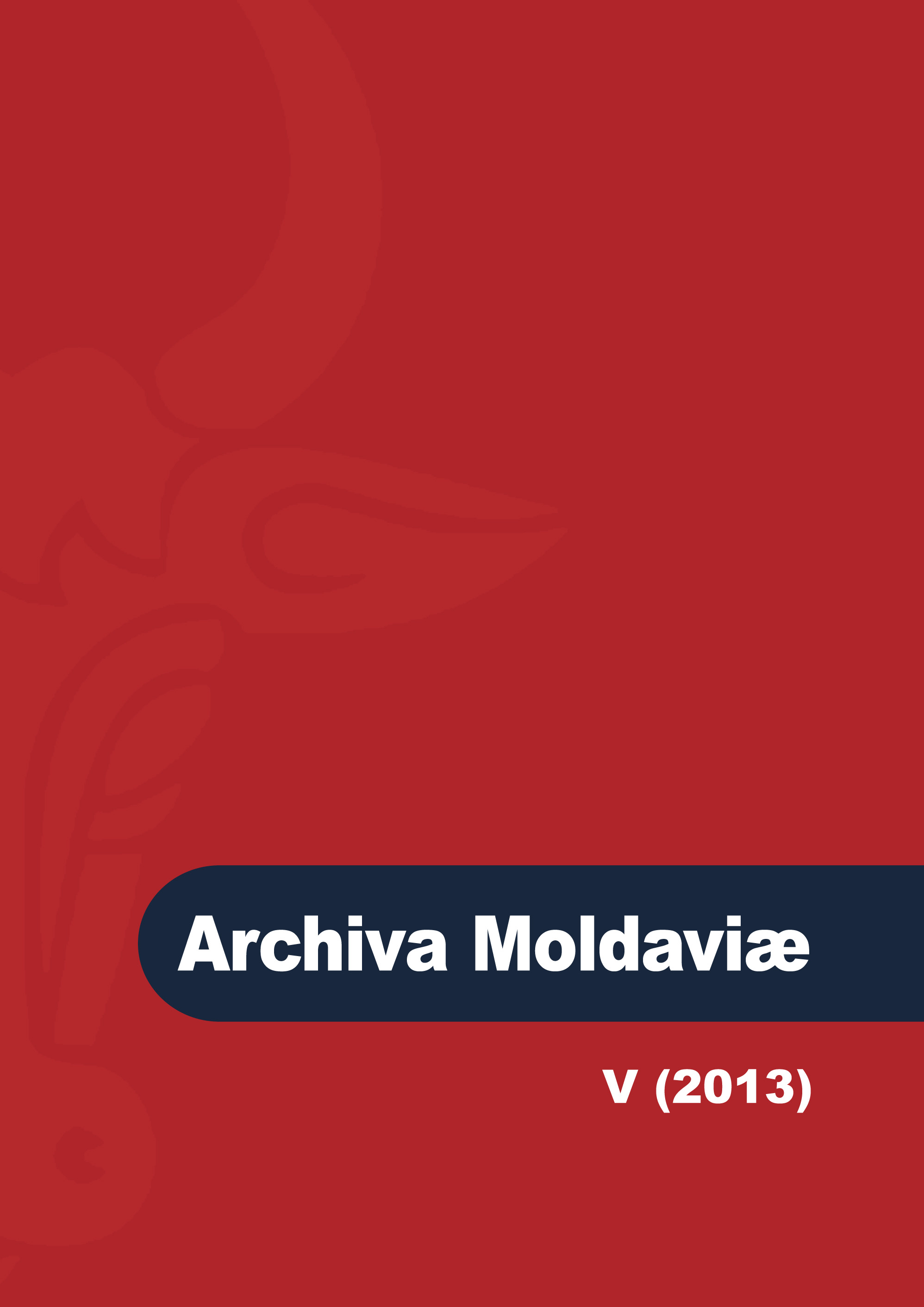The Role of Religion in the Collapse of Communism
The Role of Religion in the Collapse of Communism
Author(s): Michael BourdeauxSubject(s): Post-War period (1950 - 1989)
Published by: Societatea de Studii Istorice din România
Keywords: Persecution; Collapse of communism; Russian Orthodox Church; Baptist opposition; Poland; Pope John Paul II; Mikhail Gorbachev; Fr Gheorghe Calciu-Dumitreasa; Pastor Richard Wurmbrand.
Summary/Abstract: At Keston College in the UK (founded to study religion in communist societies) we always believed that persecution of religion was counter-productive and we were well placed, with 25 researchers, to follow the role that faith played in the collapse of communism. This happened in different ways in the various countries, but was a factor present in all. In the Soviet Union Nikita Khrushchev instigated a new period of persecution of all faiths in 1959; the direct result was the rise of widespread opposition, led first by two priests of the Russian Orthodox Church, Frs Gleb Yakunin and Nikolai Eshliman. Simultaneously, more young people began to turn to the faith. Baptists were the most organized in their opposition to the new persecution, setting out their challenge in a legal framework and also criticizing their Moscow leadership for having caved in to pressure. For their boldness, the leaders of the opposition were imprisoned, but the Council of Baptist Prisoners’ Relatives gathered information systematically and smuggled it out of the country, to be published by Keston. In Lithuania the Catholic Church was much more political – the desire for national independence was never far below the surface campaign for religious liberty. The trials and imprisonment of a whole series of Catholic priests and prominent lay people did little other than inflame the opposition. In the other Baltic republics (Estonia and Latvia) this was less outspoken, but no less effective in the end. In Ukraine Stalin’s suppression of the Greek-Catholic Church in 1946 led to a swelling underground movement which eventually played a major role in the Ukrainian vote for secession from the Soviet Union. The election of a Polish Pope, John Paul II, in 1978 provided a massive stimulus for the consolidation of Catholic opposition area wide. Mikhail Gorbachev, though not a believer himself, came to see religious freedom as important for Soviet society. He could have, but did not, order the Red Army to intervene and suppress the growing opposition in Poland and East Germany. Before long the Solidarity movement in Poland, which brought together workers and Catholic leaders, won the day and communism collapsed without a shot being fired. In East Germany the Lutheran Church provided a physical refuge for the opposition which quickly breached the Berlin Wall. In Romania the Orthodox Church had long collaborated with the communist authorities, but such men as Fr Gheorghe Calciu-Dumitreasa sacrificed their freedom in order to lead the opposition. Baptists established an inter-denominational committee to defend religious liberty. Outside the country the former prisoner of conscience, Pastor Richard Wurmbrand, led a forceful international campaign to defend those persecuted for their faith. The role of persecuted Christians in opposing communism needs much further study.
Journal: Archiva Moldaviae
- Issue Year: V/2013
- Issue No: 5
- Page Range: 335-342
- Page Count: 8
- Language: English

